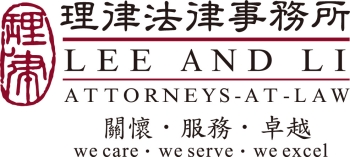 In the examination stage of trademark dispute cases, how to determine whether the goods or services are similar and the extent of their similarity are important issues.
In the examination stage of trademark dispute cases, how to determine whether the goods or services are similar and the extent of their similarity are important issues.
In a 2020 trademark opposition case, the Taiwan Intellectual Property Court (TIPO) held that 'similar goods' refers to goods that are common or related in functions, raw materials, manufacturers or other factors. If goods of this kind are labelled with an identical trademark or similar trademarks and they, according to general concepts prevailing in society or trading situations in the marketplace, will likely cause consumers to misidentify them as goods from the same source or different but related sources, they are deemed to have a similar relationship. Likewise, 'similar services' refers to the services that are common or related in the satisfaction of consumers' needs, with respect to services providers or with regard to other factors. If services of this kind are labelled with an identical trademark or similar trademarks, they, according to general concepts prevailing in society or trading situations in the marketplace, will likely cause consumers to misidentify them as services from the same source or different but related sources.
TIPO further expounded that the classification of goods or services in the Enforcement Rules of the Trademark Act is for the convenience of administrative management and search purposes. The classification is not absolutely meant to serve as a limitation on the determination of similar goods or services.
Paragraph 6 of Article 19 of the prevailing Trademark Act also stipulates that the determination of similar goods or services is not restricted by the classification of goods or services specified in the preceding paragraph.



